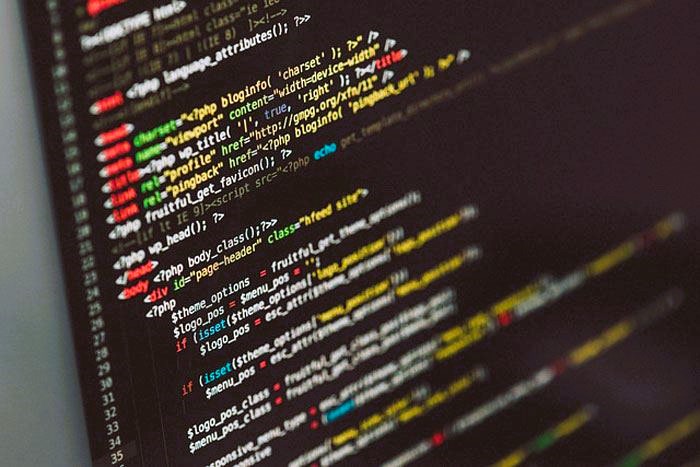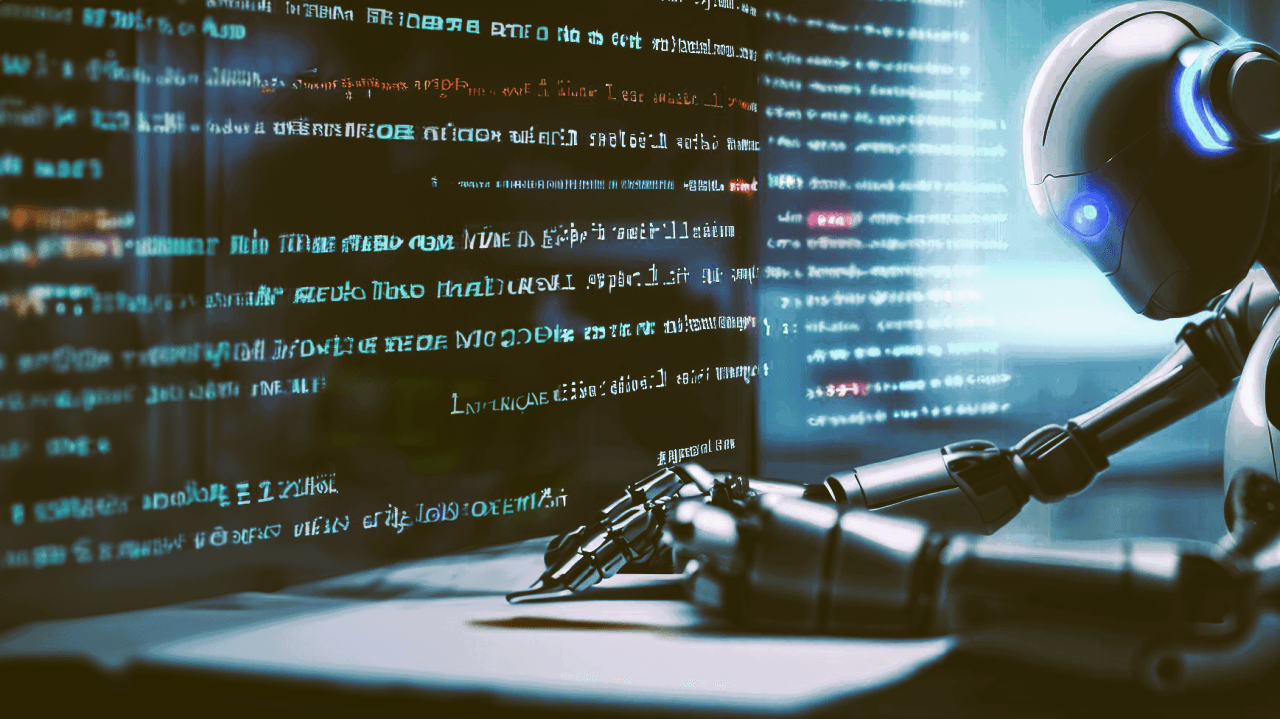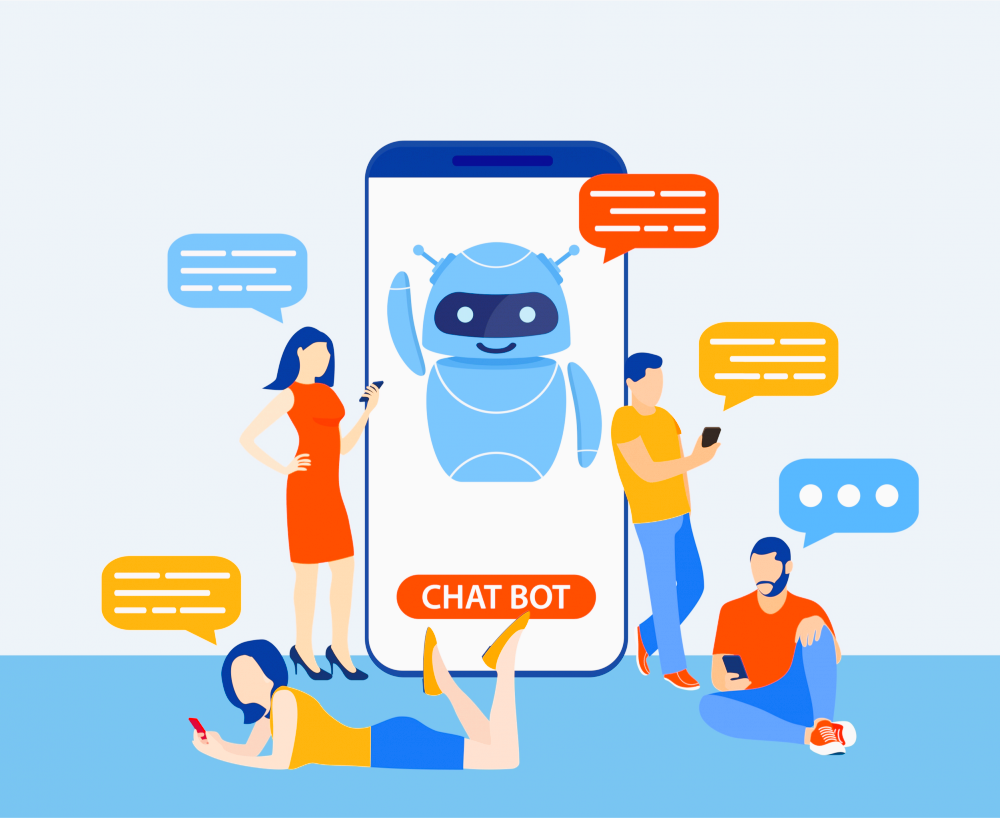Artificial Intelligence (AI) is changing many aspects of our lives, from how we shop online to how we communicate. In the tech world, AI is becoming a powerful tool, especially in coding and software development. With the increasing complexity of coding tasks and the demand for faster development cycles, AI tools are stepping in to assist developers.
Understanding how AI to code can assist in coding tasks is important for both newcomers and experienced programmers. This article explores what AI in coding means, its benefits, popular tools, and how it is shaping the future of software development.
What is AI in Coding?
AI is the capability of a machine to imitate intelligent human behavior. In the context of coding, AI can enhance various programming tasks. It can help automate repetitive tasks, suggest code snippets, and even debug errors.
Two major concepts underpin AI in coding: machine learning and natural language processing (NLP). Machine learning allows computers to learn from data patterns and improve their performance over time without being explicitly programmed. For instance, an AI model can analyze thousands of lines of code to identify patterns and make predictions about what code a developer might need next.
Natural language processing, on the other hand, enables AI to understand and interpret human language. This means AI can understand code comments, documentation, and even spoken instructions, making it easier for developers to interact with coding tools. Together, these technologies create powerful AI tools that can help developers write, debug, and optimize their code more efficiently.
Some popular AI tools used in coding include GitHub Copilot, Tabnine, and Kite. These tools leverage AI to provide intelligent code suggestions, making programming faster and more intuitive.
Benefits of Using AI for Coding
The integration of AI in coding offers numerous advantages. One of the most significant benefits is increased efficiency and productivity. AI tools can suggest entire lines of code or complete functions based on context, allowing developers to focus on more complex and creative aspects of their projects. This can significantly speed up the development process, especially for repetitive tasks that would otherwise take up valuable time.
Another important benefit is reducing human error. Even the most experienced developers can make mistakes when writing code. AI can help catch these errors before they become problems. For example, AI tools can analyze code in real time, identifying potential bugs or syntax errors and suggesting corrections. This leads to cleaner, more reliable code and reduces the time spent on debugging.

AI tools also allow developers to automate repetitive tasks. For instance, tasks like code formatting, running tests, and updating documentation can often be tedious and time-consuming. By automating these processes, developers can streamline their workflows, giving them more time to focus on creative problem-solving and innovation.
Popular AI Tools for Coders
Several AI coding tools are gaining popularity among developers. GitHub Copilot is one of the most well-known AI tools in the coding community. Developed by GitHub in collaboration with OpenAI, Copilot uses AI to suggest code snippets and entire functions as developers type. It is designed to learn from the context of the project, making it a helpful assistant for various programming languages.
1. Tabnine:
Tabnine is another powerful AI tool that focuses on code completion. It integrates with popular code editors, providing smart suggestions based on the developer’s code and preferences. Tabnine learns from the codebase, improving its suggestions over time. This makes it particularly useful for teams working on large projects with complex codebases.
2. Kite:
Kite is an AI-powered coding assistant that offers features like line-of-code completions and documentation lookup. It helps developers write code faster by providing context-aware suggestions and showing relevant documentation in real-time. Kite supports multiple programming languages and integrates with popular editors, making it a versatile choice for developers.
When choosing an AI coding tool, developers should consider their specific needs, such as the programming languages they use, their preferred coding environment, and the types of projects they work on. Each tool has unique features that cater to different aspects of coding, so it’s essential to find one that fits well with your workflow.
How AI Enhances Code Quality

AI tools are also making significant contributions to improving code quality. One of the key areas where AI shines is in code review and debugging. Traditional code review processes can be time-consuming and often depend on human reviewers’ experience and judgment. AI can analyze code much faster, identifying potential issues and providing feedback. This not only speeds up the review process but also helps maintain high coding standards across projects.
AI can also suggest improvements to existing code. For example, if a developer writes a piece of code that can be optimized, AI tools can flag it and suggest a more efficient solution. This continuous feedback loop helps developers maintain clean, efficient code that adheres to best practices.
Additionally, AI tools can assist in maintaining coding standards. By analyzing code against predefined guidelines, AI can help ensure that all team members adhere to the same standards, reducing discrepancies and making the codebase more maintainable in the long run.
The Learning Curve: AI for Beginners
For those new to coding, the thought of integrating AI tools can be daunting. However, there are many resources available to help beginners get started. Many AI coding tools come with user-friendly interfaces and extensive documentation, making it easier for newcomers to understand their functionality.
To begin using AI tools, it’s helpful to start small. Experiment with free AI tools available online to get a feel for how they work. Look for tutorials and guides that explain how to integrate AI tools into your coding projects. Engaging in practice and experimentation will build confidence and familiarity with AI-assisted coding.
Online communities and forums can also be valuable resources for learning. Engaging with others who are using AI in coding can provide insights, tips, and support as you navigate your coding journey.
Challenges of AI in Coding
While AI offers numerous benefits, it has its challenges. One of the main concerns is that AI-generated code may sometimes be flawed. Developers must carefully review AI suggestions to ensure accuracy and relevance. Relying solely on AI without human oversight can lead to issues, especially in critical applications where precision is paramount.
Additionally, there are ethical considerations associated with using AI in coding. AI models can inherit biases present in the data they are trained on, leading to unintended consequences in the code they generate. Developers must remain vigilant and consider the ethical implications of using AI tools in their work.
It’s essential to remember that AI tools are meant to assist, not replace, human developers. Maintaining a balance between AI assistance and human oversight is crucial for achieving the best outcomes in software development.
Future Trends in AI to Code

The future of AI in coding looks promising. As technology continues to advance, we can expect to see more sophisticated AI tools that offer even greater capabilities. Emerging technologies, such as advanced machine learning algorithms and better natural language processing, will enhance the interaction between developers and AI tools.
We can also anticipate a shift toward more personalized AI to code assistants that learn from individual developer preferences and habits. This means that AI tools will become more intuitive and aligned with how each developer works, making them even more valuable.
Furthermore, as coding becomes increasingly important in various industries, the demand for AI-assisted coding will grow. Developers who embrace AI tools will likely find themselves at a competitive advantage, as they can produce higher-quality code more efficiently.
Real-World Applications of AI to Code
Many companies are already successfully integrating AI into their coding processes. For instance, tech giants like Microsoft and Google leverage AI to streamline their software development. These companies use AI tools to enhance productivity, improve code quality, and reduce development time.
Startups and smaller companies are also using AI to code and improve their products and services. For example, a startup may use AI to optimize its code for better performance, leading to a more efficient application. Real-world examples demonstrate that AI can significantly enhance coding efficiency and productivity, making it a valuable asset across the industry.
Industry experts believe that AI is here to stay in coding, and its impact will only continue to grow. As more companies adopt AI tools, the overall coding landscape will evolve, leading to new ways of working and collaborating.
Conclusion
AI is transforming the world of coding and software development. From improving productivity to enhancing code quality, AI tools are becoming essential for developers. By embracing AI, programmers can work smarter, allowing them to focus on innovation and creativity.
As AI continues to evolve, developers’ opportunities to leverage these tools will only expand. For those in the coding field, now is the time to explore AI tools and see how they can enhance your coding skills and improve your development process. The future of coding is bright, and AI is playing a significant role in shaping that future.





